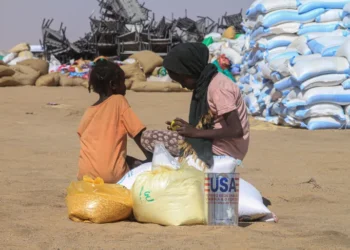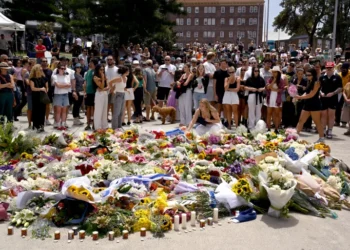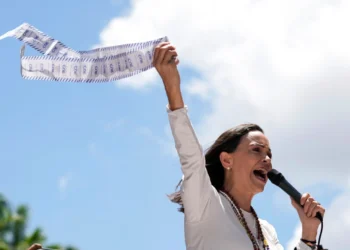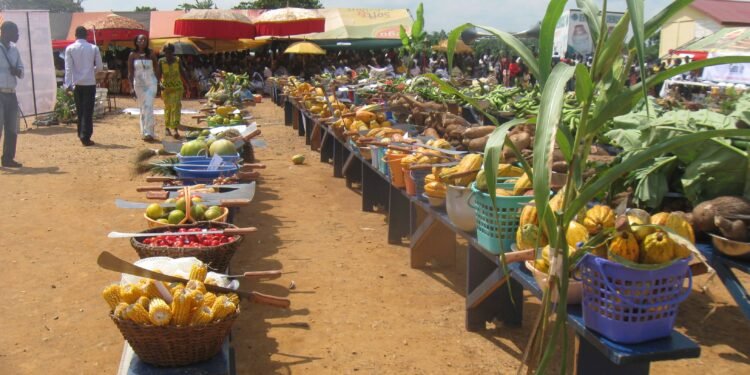A new report by the World Health Organization (WHO) and the United States’ Centres for Disease Control and Prevention (CDC) has revealed that measles infections surged to a global high of 23% in 2019 adding that more are at risk in 2020 due to the coronavirus pandemic.
The report stated that nearly 870,000 people contracted the highly contagious measles last year and more than 207,000 died from the disease.
These are the worst figures since 1996 and the report also warned that millions of children are at a risk of contracting the disease this year after coronavirus restrictions disrupted immunisation programmes.
Dr Tedros Adhanom Ghebreyesus, Director-General of the WHO, said the data sends “a clear message that we are failing to protect children from measles in every region of the world”.
The latest figures mean the number of global measles deaths occurring across the world has increased by nearly 50% since 2016.
This increase has been attributed to the fact that vaccination levels fell below the critical 95% required for community protection.
The report said the main reason for the increase is because of a collective failure to fully immunise children with two doses of the measles vaccine on time.
It also warned that attempts to prevent measles outbreaks have been severely affected by the coronavirus pandemic.
Dr Seth Berkley, Chief Executive of Gavi, the Vaccine Alliance said, “These alarming figures should act as a warning that, with the COVID-19 pandemic occupying health systems across the world, we cannot afford to take our eye off the ball when it comes to other deadly diseases.
“Measles is entirely preventable; in a time in which we have a powerful, safe and cost-effective vaccine nobody should still be dying of this disease. COVID-19 has resulted in dangerous declines in coverage, leading to increased risk of measles outbreaks.
“Countries urgently need to prioritise measles catch-up immunisation through routine services to mitigate the risk of outbreaks and ensure no child goes without this lifesaving vaccine.”
The report acknowledges that as of November, more than 94 million people in 26 countries were at risk of missing vaccines because measles campaigns had been suspended.
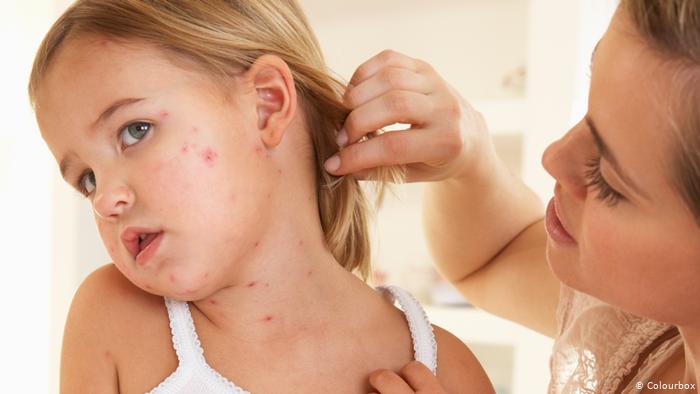
Only eight countries have resumed their campaigns – Nepal, Nigeria, Somalia, Ethiopia, Philippines, Democratic Republic of Congo, Brazil and the Central African Republic, it said.
Measles cases began to increase in 2017 after steady downward progress was made between 2010 and 2016.
The Democratic Republic of Congo, Madagascar, Central African Republic, Kazakhstan, and Ukraine are among places that have suffered significant outbreaks in recent times.
The WHO and UNICEF have called on governments to act now in order to prevent outbreaks of measles, polio, or other infectious diseases, becoming epidemics.
“Before there was a coronavirus crisis, the world was grappling with a measles crisis, and it has not gone away,” Henrietta Fore, UNICEF executive director, said in a statement.
“While health systems are strained by the COVID-19 pandemic, we must not allow our fight against one deadly disease to come at the expense of our fight against another. This means ensuring we have the resources to continue immunisation campaigns for all vaccine-preventable diseases, even as we address the growing COVID-19 pandemic.”
Measles is a viral disease that attacks mainly children and can cause blindness, brain swelling, and severe respiratory infections.





